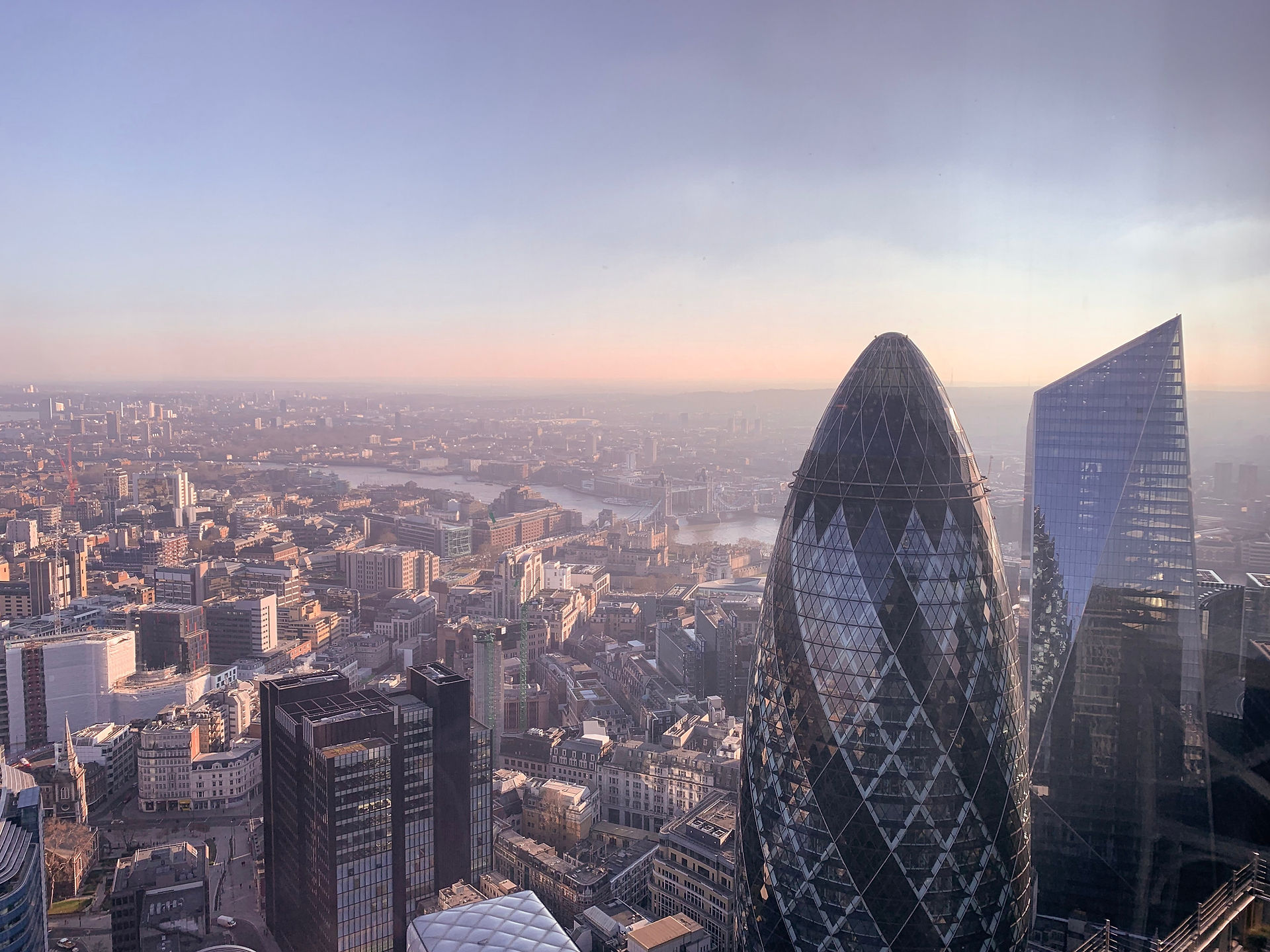No Water Land: From Compliance to Caring – The Hidden Risks We Can't Ignore
After over 15 years in the water safety industry, conducting thousands of water and legionella risk assessments and inspecting systems for compliance with UK Water Regulations across various settings, one thought keeps coming to mind: how fortunate people in Western countries are to have easy access to water, yet how little respect they show for this precious resource.
During my assessments, I often encounter a negligent, tick-box approach to water safety and legionella management, especially concerning backflow protection and fluid categories. Many individuals, including so-called professionals involved in constructing new water systems, believe that water regulations and backflow protection are merely obstacles that make life difficult and add unnecessary costs. I attribute this to a lack of fundamental knowledge and respect for water, a resource essential for survival.
Having worked in the dental industry for several years, I've had the privilege of meeting inspiring individuals, including Shaz Memon, the founder of the renowned dental practice digital marketing agency, Digimax. You might ask, what does that have to do with water? Like many entrepreneurs, Shaz is involved in projects that aim to make the world a better place. He founded the charity Wells on Wheels, which inspired me to write this blog after I watched the documentary No Water Land on Amazon Prime.

This powerful documentary follows two young girls, Jyoti Bhore and Rani Madhavan, from rural Maharashtra, India, who endure the daily hardship of fetching water. This exhausting task, often undertaken in scorching heat and over long distances, robs them of their childhood and education. Despite their dreams of becoming a policewoman and a nurse, their aspirations are overshadowed by their daily struggle for water.
If you wish to make a donation to Wells on Wheels

or join the partner programme https://www.wellsonwheels.co.uk/wow-partner-programme-for-dentists/
Watching this documentary highlighted the stark contrast between two worlds. On one hand, young girls in rural India would do anything to have access to clean water, while on the other, we in the Western world take this commodity for granted and fail to care for it as we should.
The World Resources Institute's Aqueduct Water Risk Atlas reveals that Western European countries, including Spain and Italy, will face high water stress levels by 2030. These regions are projected to experience significant water scarcity due to climate change and increased demand. Countries like Germany, France, and the UK also face moderate to high risks, especially during dry seasons. These projections underscore the urgent need for sustainable water management across Europe to mitigate future water shortages.
It's easy to ignore scientific facts when clean water flows freely from the tap, but we must recognise the value of this resource before it's too late.
For more detailed data, you can explore the interactive map (https://www.wri.org/applications/aqueduct/water-risk-atlas).
The Water Supply (Water Fittings) Regulations in the UK are designed to prevent contamination and ensure safe drinking water for all. Ignoring these regulations can severely compromise water quality, putting public health at risk and potentially leading to widespread shortages of this essential resource. The responsibility to uphold these standards doesn’t just fall on a few; it is a collective duty. Every individual, business, and organisation must play a part in safeguarding our water supply to protect public health and ensure future generations have access to clean water.
So, the next time you conduct water or legionella risk assessments at your premises, ask yourself: Are you doing it just to tick a compliance box or because you genuinely care? This is especially critical for those in the healthcare industry. At The First Principle, we go beyond the checklist, ensuring our assessments are tools for education. We provide pragmatic, proportionate action plans that empower those who truly care to do everything they can to protect what really matters: water safety and public health.































Comments